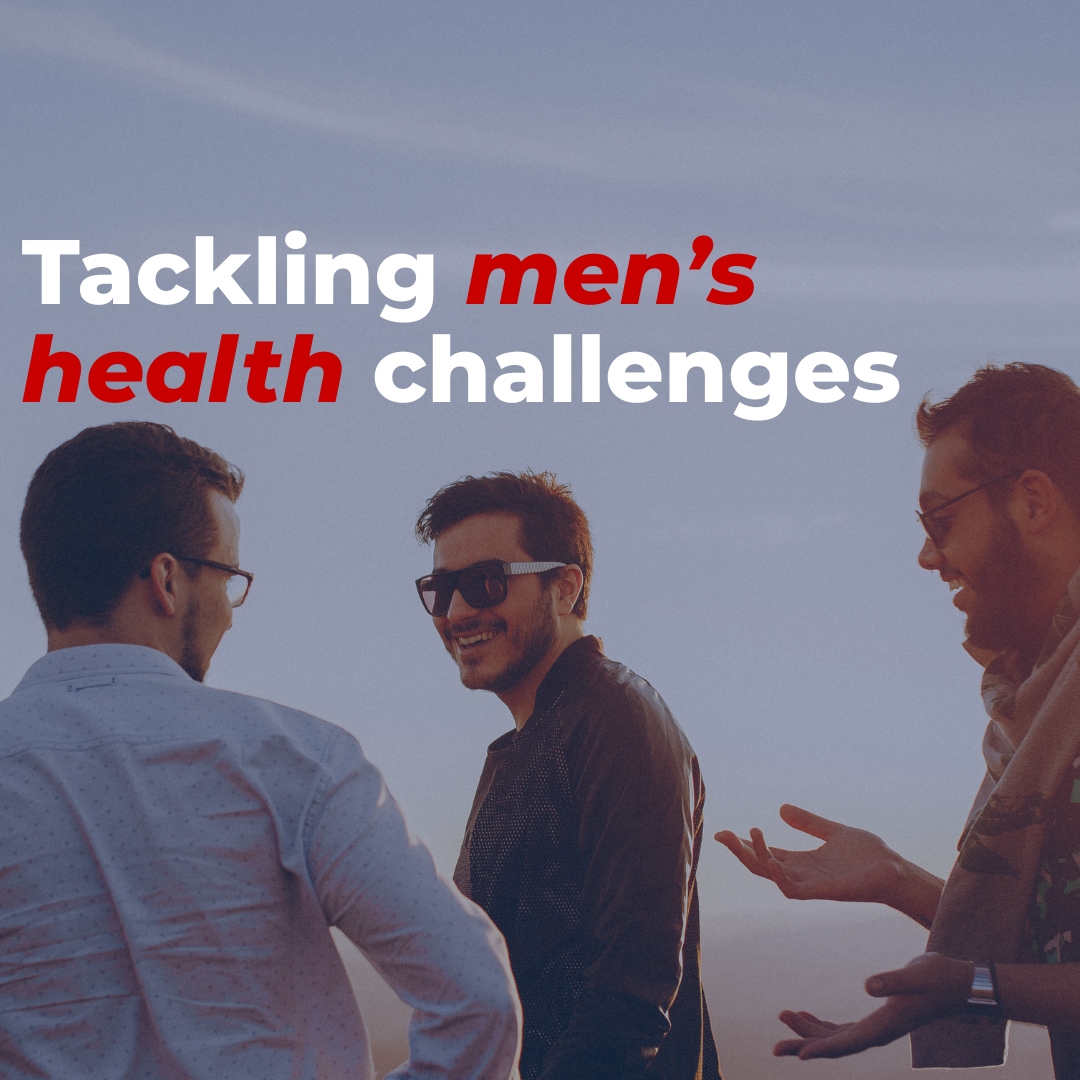Men’s Health Week, observed from June 9-15, serves as an important reminder for men and boys across the world to take control of their health, and make proactive choices about their wellbeing. While significant progress has been made in improving health outcomes, men continue to experience higher rates of premature death and chronic conditions compared to women. Social, economic, and cultural factors further complicate these challenges, often creating barriers that prevent men from seeking the support they need.

The state of men’s health in Australia
Australia ranks sixth globally for life expectancy. While this is significant when compared to global standards, there are still alarming disparities when it comes to morbidity and mortality. Men are more likely than women to die from nearly every non-sex-specific health issue, with preventable diseases contributing significantly to these premature deaths. This situation is exacerbated by various factors such as age, race, socioeconomic status, disability, and geographic location.
Recent statistics shed light on some of the critical health challenges Australian men face, including:
- Men account for 60% of all premature deaths in the country
- Approximately half of all Australian men suffer from one or more chronic health conditions
- Nearly 50% of men have experienced mental health issues at some point in their lives
- 75% of Australian men are classified as obese, and only half meet the recommended guidelines for physical activity
- A mere 3% of men consume sufficient fruits and vegetables, while 50% exceed recommended alcohol consumption levels, and 16% smoke daily
- Men are also more likely to engage in high-risk behaviours, which can result in self-injury or accidents
These statistics highlight a pressing need to address the health disparities among men. Improving men’s health not only benefits individuals, but also has a broader societal and economic impact. When men’s health improves, it leads to transformative benefits for families, communities, and society as a whole.
Breaking down barriers
A common misconception about men’s health is the belief that men are uninterested in their wellbeing, which often discourages them from engaging with health services. However, research demonstrates that when provided with the right support and encouragement, men are more than capable of prioritising their health.
This can require a collective effort involving individual men, healthcare professionals, and the broader healthcare system. While it is essential for men to take initiative in seeking a preventative health approach, providers must also work to ensure men feel comfortable and supported when accessing care.
Building a support network
A key focus of Men’s Health Week is the importance of building a strong support network. Whether it is a trusted family member, a colleague, a mental health professional, or a sports club member, having a reliable support system can significantly influence a man’s ability to manage health challenges. Men should not hesitate to reach out for help when needed, and communities should work together to create an environment where they feel encouraged to take action for their health.
Good health involves more than just the absence of disease; it encompasses a balanced approach to physical, mental, and social wellbeing. The three components are closely interconnected—what affects one aspect of health can influence the others. A healthy mind contributes to a healthy body, and strong social connections can bolster both physical and mental health. This week provides an opportunity to reflect on all these aspects and take actionable steps towards the improvement of health outcomes.
Raising awareness and taking action
There are numerous ways men can approach their health—whether through raising awareness on social media, hosting community events, or engaging in direct conversations with those around them. One of the most powerful actions men can take is to connect with others, build a support network, and discuss the importance of health in their lives.
By making a proactive attempt to learning about men’s health issues, understanding personal risk factors, and reaching out to others for support, men can make a significant impact on their health outcomes.
Men’s Health Week serves as a reminder to reflect on our health and make meaningful changes to improve our overall wellbeing. Together, we can address the challenges men face and contribute to a more connected society. Let this week be a catalyst for positive change in the lives of men across Australia—physically, mentally, and socially. By working together, we can help ensure men receive the care, support, and encouragement they need to live healthier, happier lives.
At Skills Centre Australia, we recognise the importance of providing the right knowledge to maintain good health and overall wellbeing. We offer courses dedicated to training and upskilling in the healthcare sector, including our Caring for Mental Health training. This course equips healthcare workers with the skills and knowledge to provide compassionate, effective support to clients in need. For more information, or to enrol, visit the course page on our website, www.kcskillscentre.com.au/training/mental-health-training-kc-skills-centre.




